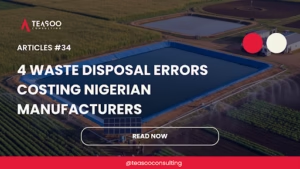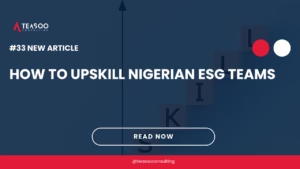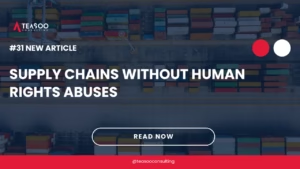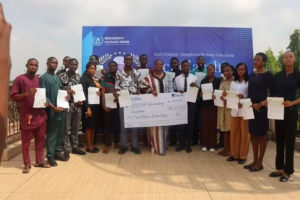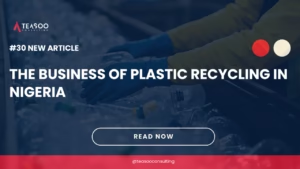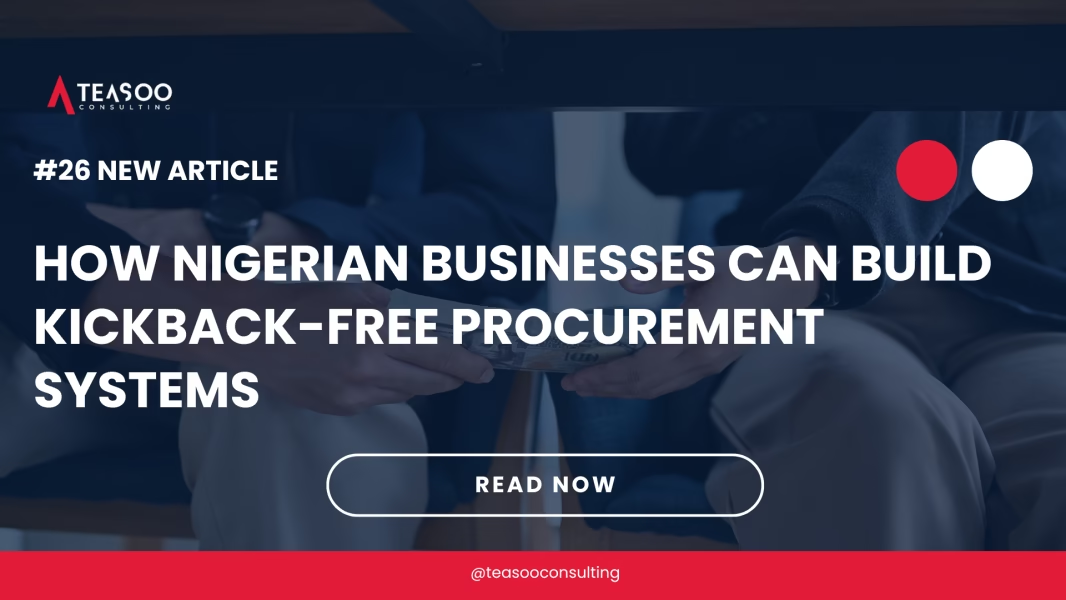
In Nigeria, procurement fraud drains an estimated $18 billion annually from the economy, fueling inefficiency and eroding trust. Yet, procurement integrity is no longer just a compliance checkbox, but the backbone of sustainable business growth. In an ESG-driven world, the Governance (G) pillar shapes how ethically companies operate, directly impacting investor trust, stakeholder confidence, and long-term value creation.
Kickbacks and fraud undermine this foundation, inflating costs, distorting markets, and rendering sustainability claims hollow. For Nigerian businesses, establishing kickback-free procurement systems isn’t merely about curbing corruption, it’s a pathway to enhanced competitiveness, credibility, and economic resilience.
1. The ESG Case for Integrity
Under the Governance pillar of ESG, anti-corruption measures have evolved into key performance indicators. Global standards like the European Sustainability Reporting Standards (ESRS) and GRI 205 mandate disclosures on anti-bribery practices.
For Nigerian firms aiming to meet these benchmarks:
- Adopt ISO 37001 Anti-Bribery Management Systems (ABMS) to systematically prevent, detect, and address bribery risks.
- Adhere to Nigeria’s Corrupt Practices and Other Related Offences Act (CPROA) for legal compliance.
- Satisfy international investor due-diligence requirements to access global capital.
Robust governance not only mitigates risks but also elevates brand reputation, positioning your organization as a leader in sustainable practices amid Nigeria’s evolving regulatory landscape.
2. Building the Framework: Policy + Process + People
A resilient, kickback-free system demands an integrated approach that weaves transparency into every layer of operations.
- Policy: Develop a comprehensive Supplier Code of Conduct (SCoC) that explicitly bans bribery while incorporating ESG principles like fair labor practices and environmental responsibility.
- Process: Deploy Know Your Vendor (KYV) protocols leveraging Nigeria’s Bank Verification Number (BVN) and National Identification Number (NIN) databases to authenticate suppliers and block shell entities.
- People: Tie executive incentives to integrity KPIs, such as due diligence completion rates and reductions in verified corruption incidents, fostering top-down accountability.
This triad ensures ethical practices are embedded, reducing vulnerabilities in high-risk areas like public tenders.
3. Technology: The Game Changer
Technology stands as the ultimate shield against procurement corruption by minimizing human intervention, automating workflows, and generating immutable audit trails.
Research indicates that e-procurement can slash costs by 20-50% through enhanced transparency and competitive bidding. In Nigeria, where bribery accounts for a significant portion of procurement irregularities, these systems are transformative.
However, for SMEs, vital to Nigeria’s supply chains, affordability and expertise remain hurdles. Public-private partnerships can bridge this gap via programs like the Digital Adoption Grant, offering up to ₦50,000 for digital tool implementation, and DBN-backed financing from the Development Bank of Nigeria, which has disbursed over N1.1 trillion to support 700,000 MSMEs.
4. Strengthening Culture and Accountability
Even the best systems falter without a supportive culture. To cultivate lasting integrity:
- Deliver mandatory anti-corruption training through resources like the Anti-Corruption Academy of Nigeria (ACAN), the training arm of the Independent Corrupt Practices and Other Related Offences Commission (ICPC).
- Establish secure whistleblower mechanisms with ironclad no-retaliation guarantees to encourage reporting.
- Monitor ESG-aligned metrics
These indicators transform abstract governance into quantifiable progress, driving a cultural shift from tolerance to zero-tolerance.
5. From Compliance to Competitive Advantage
Kickback-free procurement transcends risk avoidance—it’s a strategic edge in Nigeria’s dynamic market.
Transparent systems:
- Draw in global investors seeking ethical partners.
- Cut waste, with potential savings redirectable to innovation and growth.
- Bolster public trust, securing a stronger social license to operate in communities.
At Teasoo Consulting, we specialize in guiding Nigerian organizations to craft and deploy integrity-focused procurement frameworks aligned with ESG principles and ISO 37001—converting regulatory demands into engines of business excellence.
Key Takeaways
- Integrity anchors ESG success—treat it as a core strategy, not an add-on.
- E-procurement and KYV tools form essential barriers against fraud.
- Aligning governance KPIs with executive compensation reinforces commitment.
- Supporting SME digital uptake fortifies entire value chains.
- Transparency isn’t just ethical—it’s the currency of enduring business triumph.
Teasoo Consulting collaborates with visionary Nigerian enterprises to forge ESG-compliant governance structures that promote integrity, transparency, and resilient expansion.

